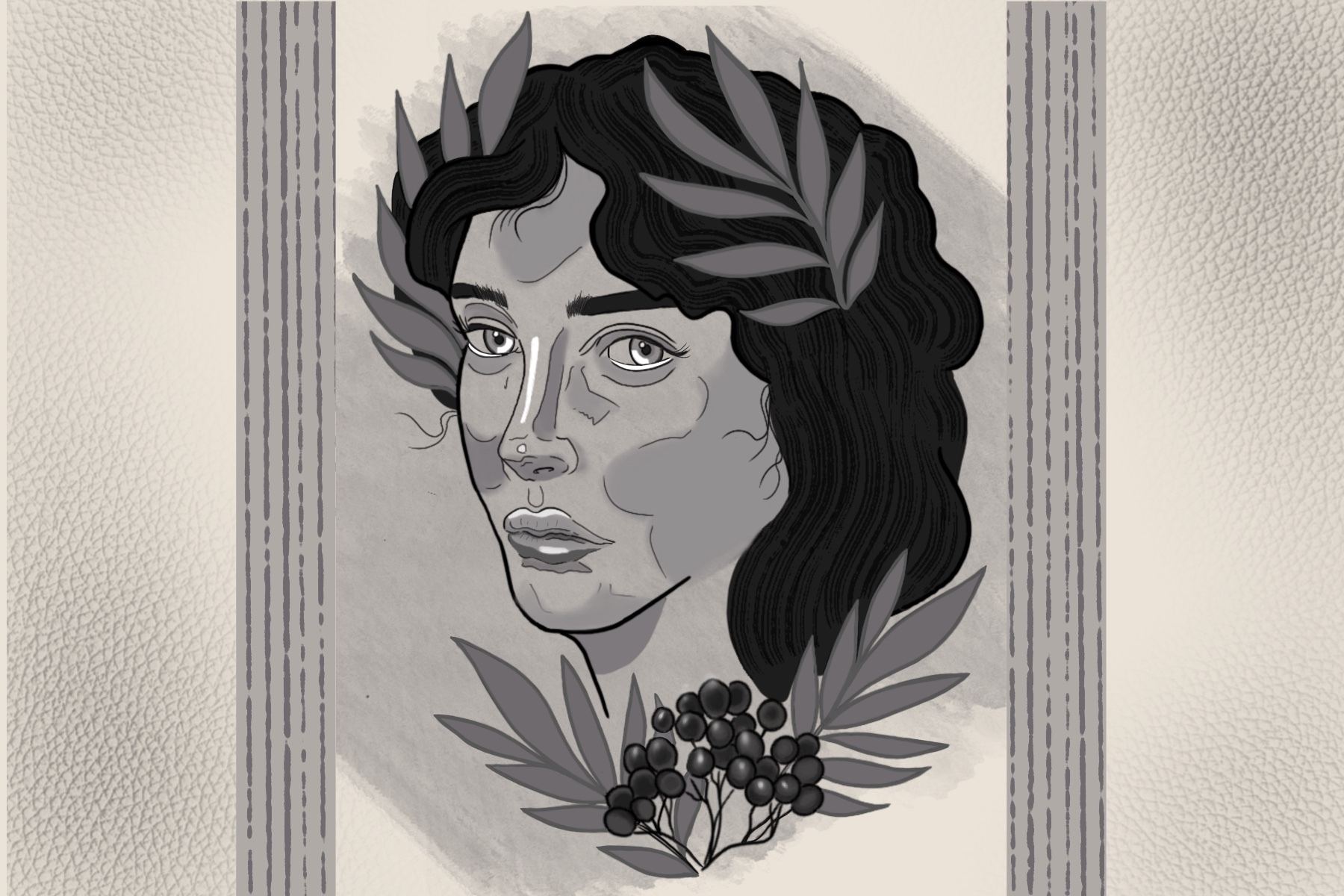Oh, to be a Greek deity, lounging away, tucked between Mount Olympus’s swirling clouds and gorging on ambrosia, the gods’ delicacy. You’d have no cares in the world — well, no cares besides reigning over humans and ensuring they worship you as you rightfully deserve. You can learn all about how to rule with an iron fist from direct accounts of the gods’ stories: Greek myths. When it comes to tyranny, the all-powerful Zeus and hot-headed Poseidon especially know everything there is to know. But while Greek myths may teach you dictatorial leadership skills, they aren’t the only things you can learn from the ancient tales.
Truth be told, as the Greeks wrote down these ancient sagas, they knew what they were doing. There are quite a few reasons that academics still pore over Greek myths today as if they were planning to gather worthy sacrifices for Athena’s temple or journey on a pilgrimage to seek out the oracle at Delphi’s wisdom. It’s true that the gods only exist as works of folklore — miles and miles up and away to the Greeks, and centuries away in the past for you today. What’s true as well, however, is that the principles of Greek myths apply to everyone from any time period. Keep reading to, whether for the first time or the hundredth time, delve into three myths from ancient Greece and learn the lessons they teach.
1. Narcissus and Echo: The Tragedy of Vanity
The Greek story of Narcissus, a deathly-handsome young man, is presented as the backstory of the daffodil, also known by its scientific name, narcissus. Narcissus, the man, was entirely too aware of his dashing good looks. He’d turn up his nose at every maiden who attempted to catch his eye. He even turned away Echo, Artemis’ favorite nymph. Although the spiteful Hera cursed the nymph to use only the words spoken to her, Echo still longed for Narcissus’ love and did all in her power to woo him. Instead, Echo received his rejection.
Thus Narcissus continued on in his self-absorption — until one of his scorned would-be lovers wished Narcissus to experience just how horrible it is to love him. Nemesis, the goddess of chaos herself, answered the prayer. Narcissus became his own downfall. As he drank from a pool of water, his reflection mesmerized him to the point that he felt only death could set him free. From the shadows Echo watched him and repeated Narcissus’ last words to himself: “Farewell — farewell.” Where his body had once lain bloomed the yellow flower called narcissus.
Imagine being so into yourself that you drown due to the infectiousness of your own conceit? From the Greek myth of Narcissus comes the term “narcissism,” a fruitless chase of fulfillment from egotistic behavior. If you resonate with his character, learn from Narcissus and focus your love on others for a change.
2. Demeter, Persephone and Hades: Spring Will Come Again
Daffodils also make an appearance in the tragic story of Persephone’s kidnapping. As the goddess of springtime grew distracted from soaking up sun rays and admiring the yellow flowers, Hades, god of the underworld, snatched her up onto his chariot. Persephone wept a terrible cry loud enough for her earth-goddess mother, Demeter, to hear. For nine days, the goddess of harvest searched high and low for her cherished daughter. Finally and devastatingly, Demeter discovered Persephone’s whereabouts: reigning as queen of the underworld.
The entire year following her daughter’s disappearance brought the Earth and its inhabitants extreme famine and barren land. Even at the request of Hermes, the messenger god sent by Zeus, Demeter refused to allow the harvest’s growth until Persephone returned to her. Knowing something had to be done, Zeus then sent a message to Hades, and Persephone once again walked the earth for all but four months out of the year. Both Demeter’s and Persephone’s grief brought a cold winter upon the world. But when the goddess of spring returned to her mother, out of the ground sprang forth the harvest once more.
From this myth you can learn that, just as winter gives way to spring, difficult phases in life eventually let up as well. In dark times, be patient, and your silver lining will shine through again.
3. Daedalus and Icarus: Don’t Fly Too Close to the Sun
At the start of this myth, Daedalus the inventor and his son Icarus are found trapped in a labyrinth of Daedalus’ own creation. As a punishment from King Minos, the father and son were doomed to spend their days imprisoned. But Daedalus soon realized that while they may be stuck on land, the sky and air were wide open for their escape. Therefore, he created two pairs of wings: one for himself and one for Icarus. The inventor carefully constructed the wings from wax, warning Icarus not to fly too close to the sun lest the wings should melt, but it was to no avail; Icarus didn’t heed his father’s warning. The sun’s burning rays melted the wings and down Icarus plummeted into the depths of the ocean.
Flying too close to the sun serves as a metaphor for many different aspects of life. It could mean not preparing properly for the future, or counting your victories before they are won. Icarus didn’t intend to lose his life, but not taking his father’s advice resulted in his downfall. Whichever way you interpret the myth, above all, don’t be afraid to listen to advice that’s given to protect you.
Besides these three popular tales, many other Greek myths await you to read or listen. Some suggestions? Read C.S. Lewis’ novel adaptation of the myth of Eros and Psyche, “Till We Have Faces.” Give a listen to the miniepisode on Orpheus and Eurydice from the Greek and Roman mythology podcast “Let’s Talk About Myths, Baby!” And, ultimately, you’re welcome to venture to the direct sources of all Greek myths: epic poems, including The Iliad and The Odyssey by Homer, or The Metamorphoses by Ovid, just to name a few.
Beyond Odysseus’ epic adventures and Achilles’ victorious battles, there are countless reasons Greek myths have lived on through history into the present day. The stories mirror societal morals and have shaped cultures as we know them today. Altogether, the stories contain a multitude of valuable lessons on how to live — especially how to cope with difficulties and even prevent them from occurring in the first place.
So maybe you read Greek mythology because you want to be just like a deity. Or, better yet, maybe you want to make better choices than these larger-than-life gods and goddesses did. Either way, you’re bound to learn something important.


















H